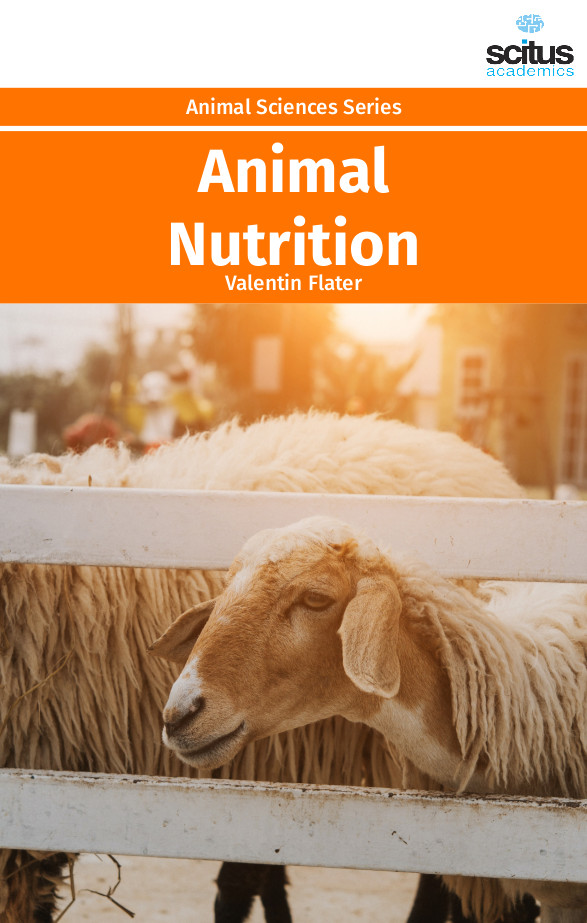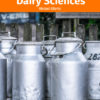Meeting livestock nutritional requirements is enormously significant in maintaining satisfactory performance of neonatal, growing, finishing and breeding animals. From a practical point of view, an optimal nutritional program should ensure sufficient intakes of amino acids (both traditionally classified essential and nonessential), carbohydrates, fatty acids, minerals, and vitamins by animals through a supplementation program that corrects deficiencies in basal diets (e.g., corn- and soybean meal-based diets for swine; milk replacers for calves and lambs; and available forage for ruminants). Also crucial to the nutrition program for animals is water. Modern breeds of dairy animals are able to produce huge amount of milk. In attempt to consume, digest and metabolize enough nutrients to satisfy lactation needs, those animals are exposed to serious stress conditions that can affect their health. Health problems which arise from those conditions are mainly related to impaired ability to metabolize enough nutrients to compensate for those lost in milk. They are known as metabolic or production diseases and may be of great economic importance in milk production systems. Although metabolic diseases have become a common problem on dairy farms, they still require a serious attention to be controlled. The incidences of these disorders can be reduced by proper nutrition of animals. Also, some of the specific strategies in feeding practice offer additional advantages in prevention of nutrition-related metabolic diseases.
This volume ‘Animal Nutrition’ is concerned with the animal feeds and their feeding describing research on feed for ruminants and non-ruminants, including poultry, horses, companion animals and aquatic animals. It encompasses the full coverage of animal nutritional sciences and reviews including, but not limited to, fundamental aspects of animal nutrition such as nutritional requirements, metabolic studies, body composition, energetics, immunology, genetics and molecular and cell biology related to nutrition, and more applied aspects of animal nutrition, such as raw material evaluation, feed additives, nutritive value of novel ingredients and feed safety. This book will be useful for students, researchers, teaching staff, practicing professionals connected with dairy science, animal science, food science, nutrition, physiology, biochemistry, veterinary medicine and other related fields.













